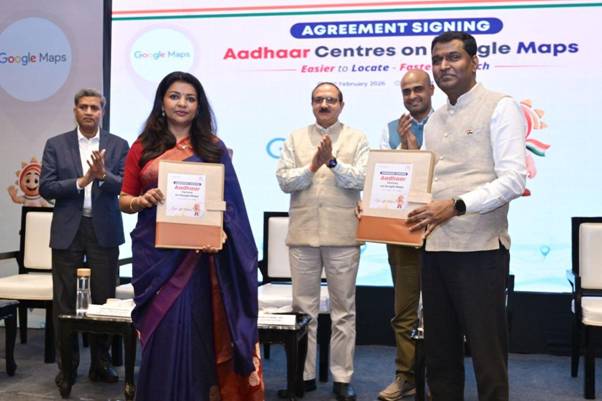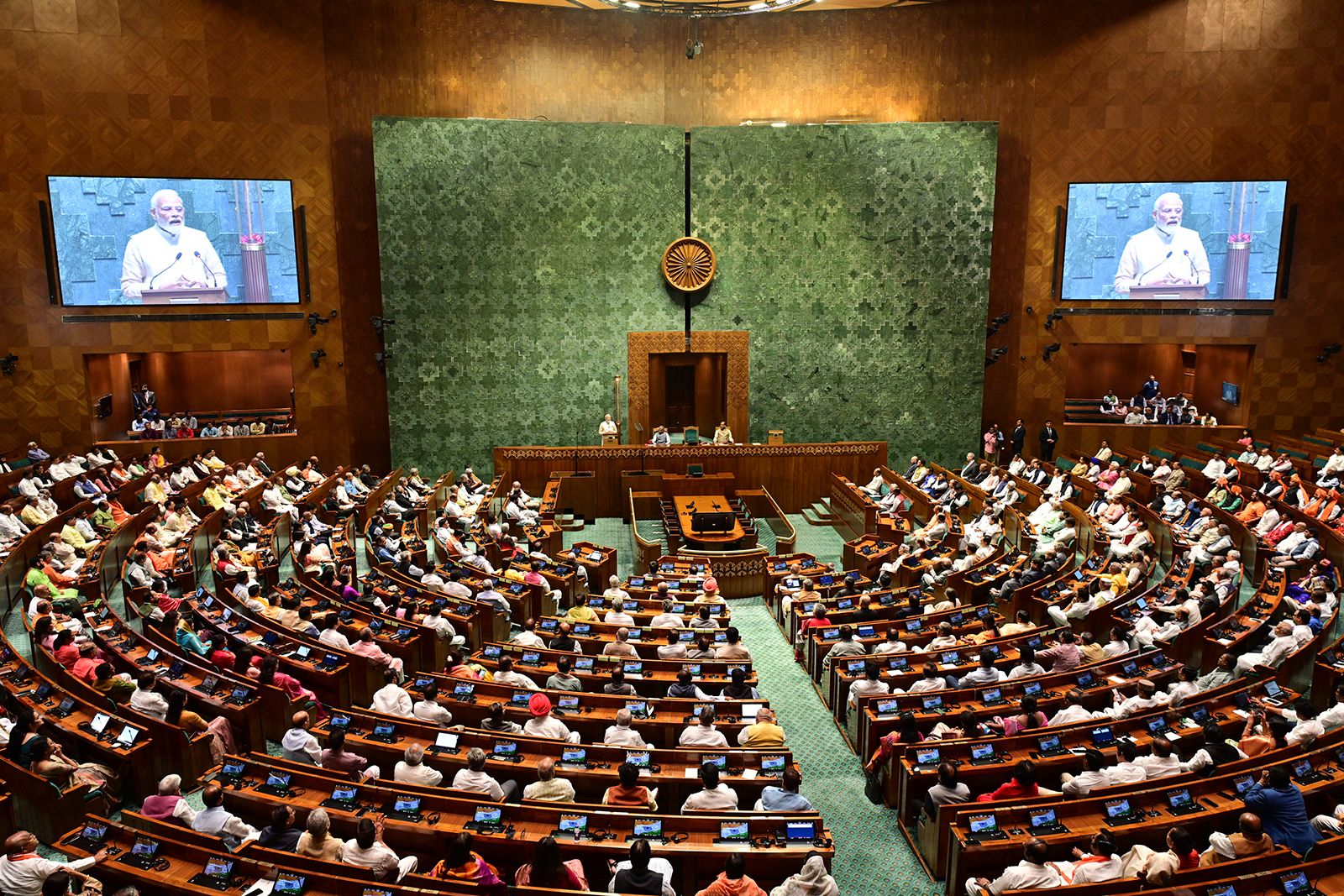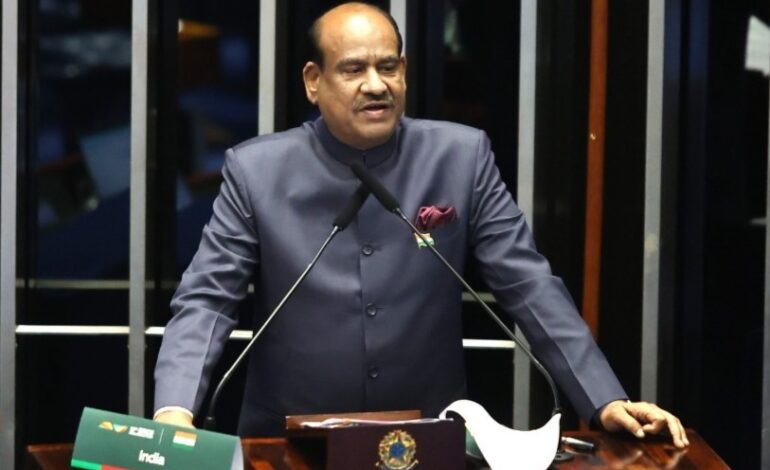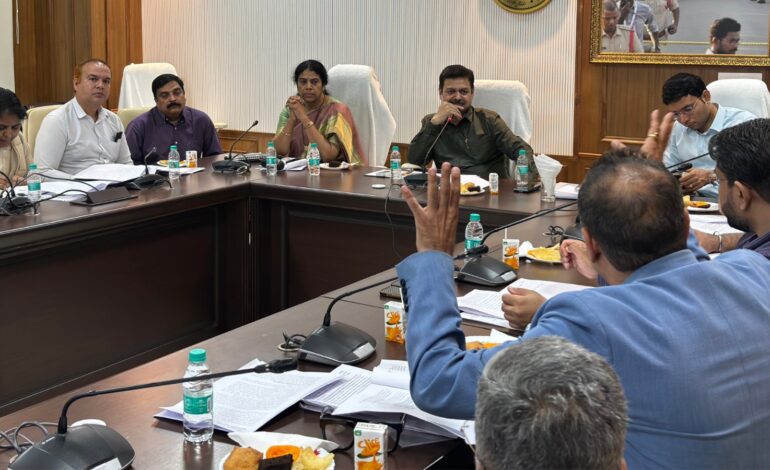Centre Unveils Major Reforms to Strengthen Multipurpose PACS and Seed Ecosystem
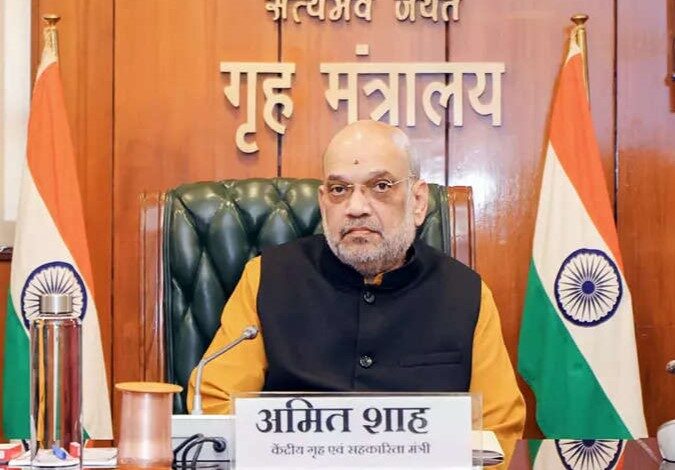
Union Cooperation Minister Amit Shah stated that the database was built with the active support of States and Union Territories, and is regularly updated by nodal officers designated by the respective governments.
New Delhi, July 22: The Government of India has rolled out a comprehensive set of reforms to strengthen Multipurpose Primary Agricultural Credit Societies (MPACS) across the country, aiming to boost financial viability, modernize rural credit systems, and enhance the livelihoods of small and marginal farmers. The measures were detailed in a written reply by Union Cooperation Minister Amit Shah in the Lok Sabha on Tuesday.
As part of the government’s plan to “strengthen the cooperative movement and deepen its reach to the grassroots”, a target has been set to establish 2 lakh new multipurpose PACS, dairy, and fishery cooperative societies, by converging existing schemes such as the National Programme for Dairy Development (NPDD) and the Pradhan Mantri Matsya Sampada Yojana (PMMSY). The initiative is being implemented with support from NABARD, NDDB, NFDB, and State/UT Governments.
Key Highlights of the PACS Reforms
- Computerization of PACS is underway with a central outlay of ₹2,925.39 crore, aimed at improving operational efficiency, speeding up loan disbursements, and reducing transaction costs.
- Under the World’s Largest Grain Storage Plan in the Cooperative Sector, decentralized storage and agro-infrastructure like custom hiring centres and processing units will be developed at the PACS level, helping farmers avoid distress sales and fetch better prices.
- PACS are being transformed into Pradhan Mantri Kisan Samriddhi Kendras (PMKSKs), offering fertilizers and essential farm services under one roof.
- Additionally, PACS will serve as Common Service Centres (CSCs), delivering over 300 e-governance services to rural citizens at the panchayat level.
- New revenue streams are being unlocked by allowing PACS to operate petrol/diesel stations and LPG distributorships.
- Financial inclusion is being enhanced through RuPay Kisan Credit Cards and Micro-ATMs for doorstep banking via Bank Mitra Cooperatives.
- PACS are also being encouraged to form Farmer Producer Organizations (FPOs) and participate in MSP procurement of pulses and maize via platforms like e-Samyukti (NCCF) and e-Samridhi (NAFED).
Seed Ecosystem Reforms Through BBSSL
The government also highlighted efforts by the Bhartiya Beej Sahkari Samiti Limited (BBSSL), which is driving seed sector transformation through institutional partnerships with leading research bodies such as:
- ICAR–IARI, PAU Ludhiana, IIMR (Maize and Millets), G.B. Pant University, ICRISAT, and AVRDC Thailand.
BBSSL is focused on promoting indigenous, certified seed varieties at affordable prices through the cooperative network. Its strategy includes capacity building for cooperatives, field demonstrations, and expansion of localized seed production to counter competition from private seed companies.
These comprehensive initiatives aim to transform PACS into vibrant, multipurpose institutions while reinforcing India’s cooperative seed ecosystem. The reforms are expected to enhance rural incomes, promote self-sufficiency in pulses and key crops, and build a resilient agricultural infrastructure aligned with the vision of Atmanirbhar Bharat.


